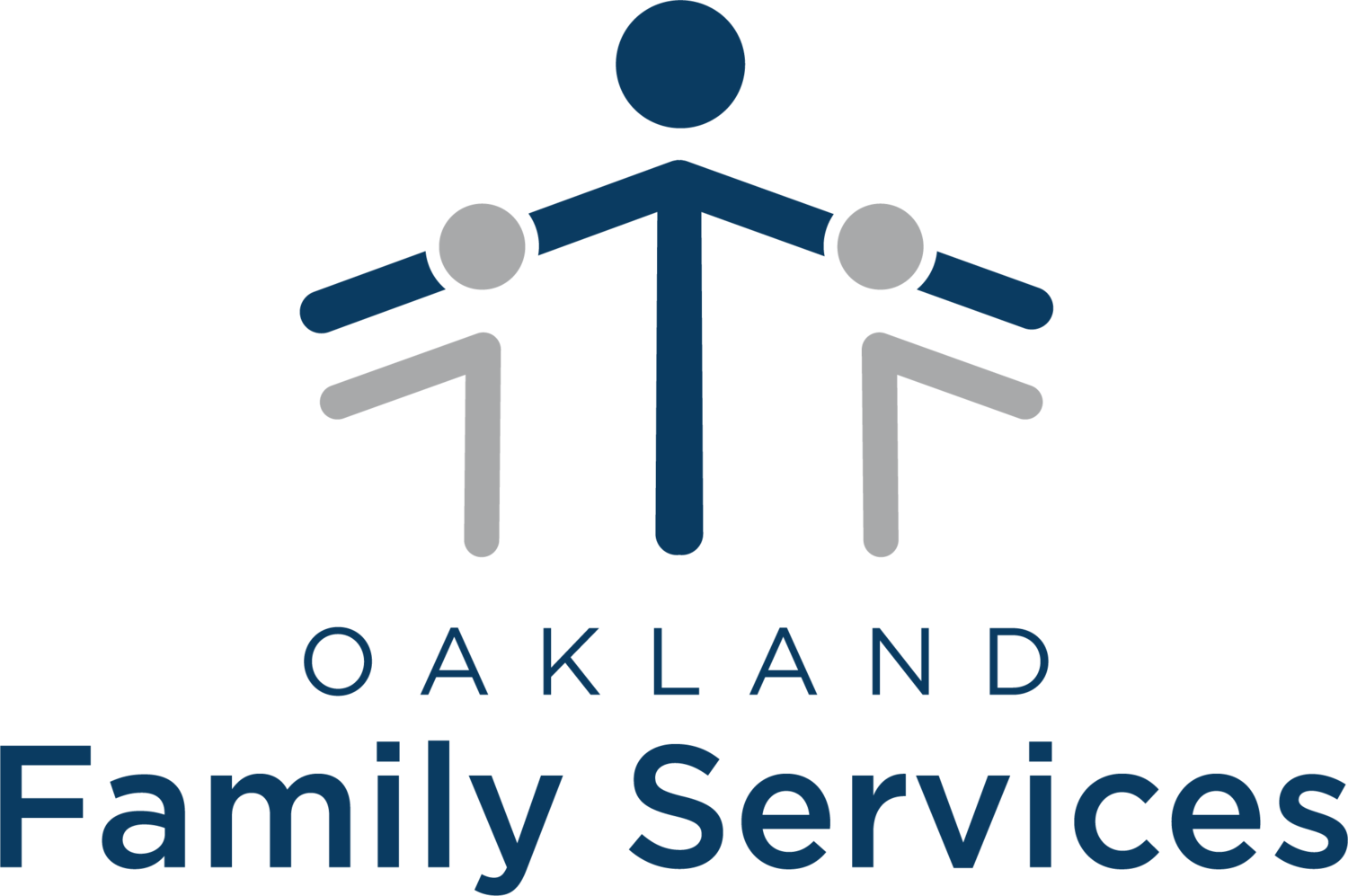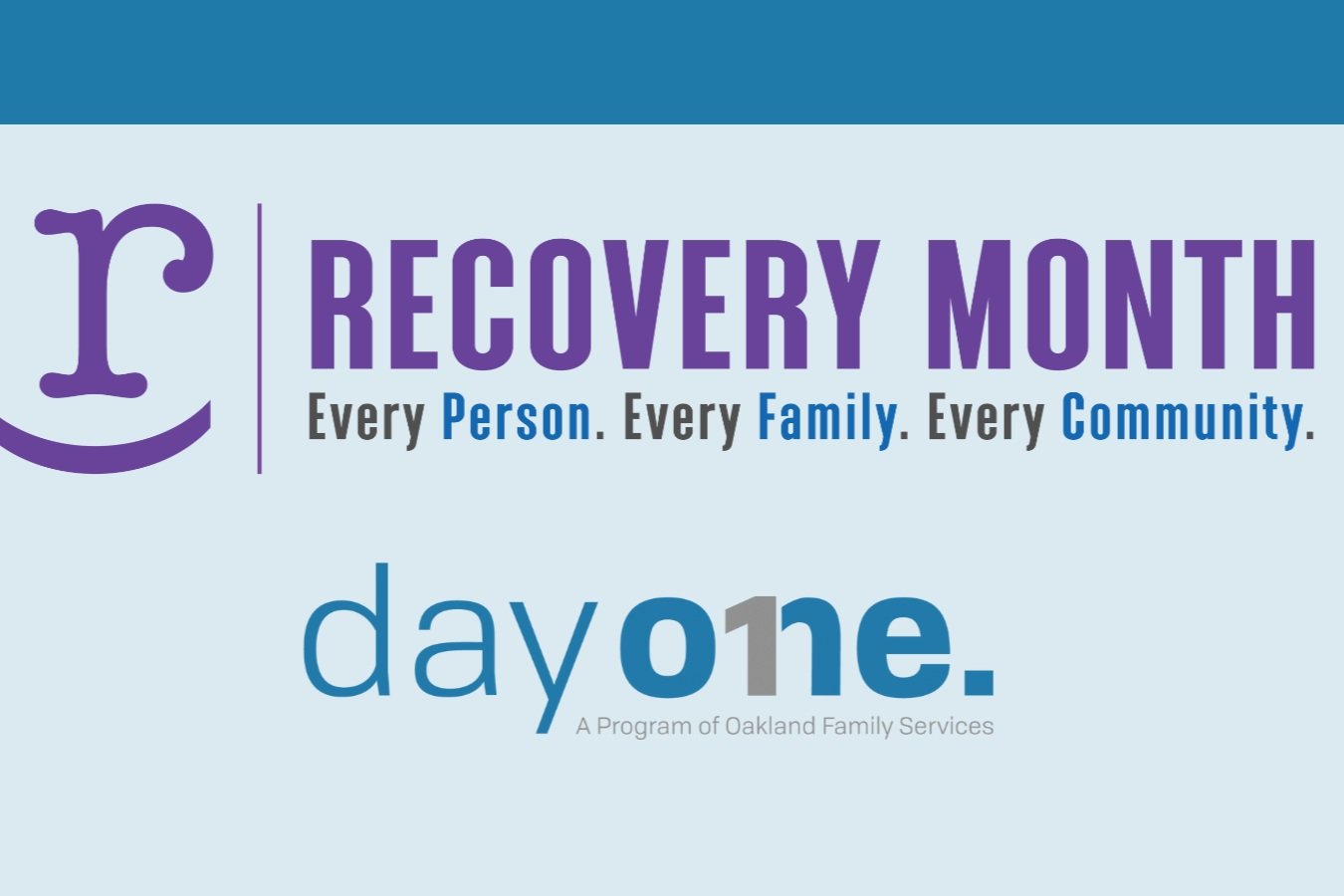Healing children, families and individuals: The history of Oakland Family Services' Treatment programs
As Oakland Family Services celebrates our 100th anniversary, we are looking back at how our Prevention, Education and Treatment programs have evolved over the years. This blog post is the third in a series of three and explores how our Treatment programs have developed changed over time.
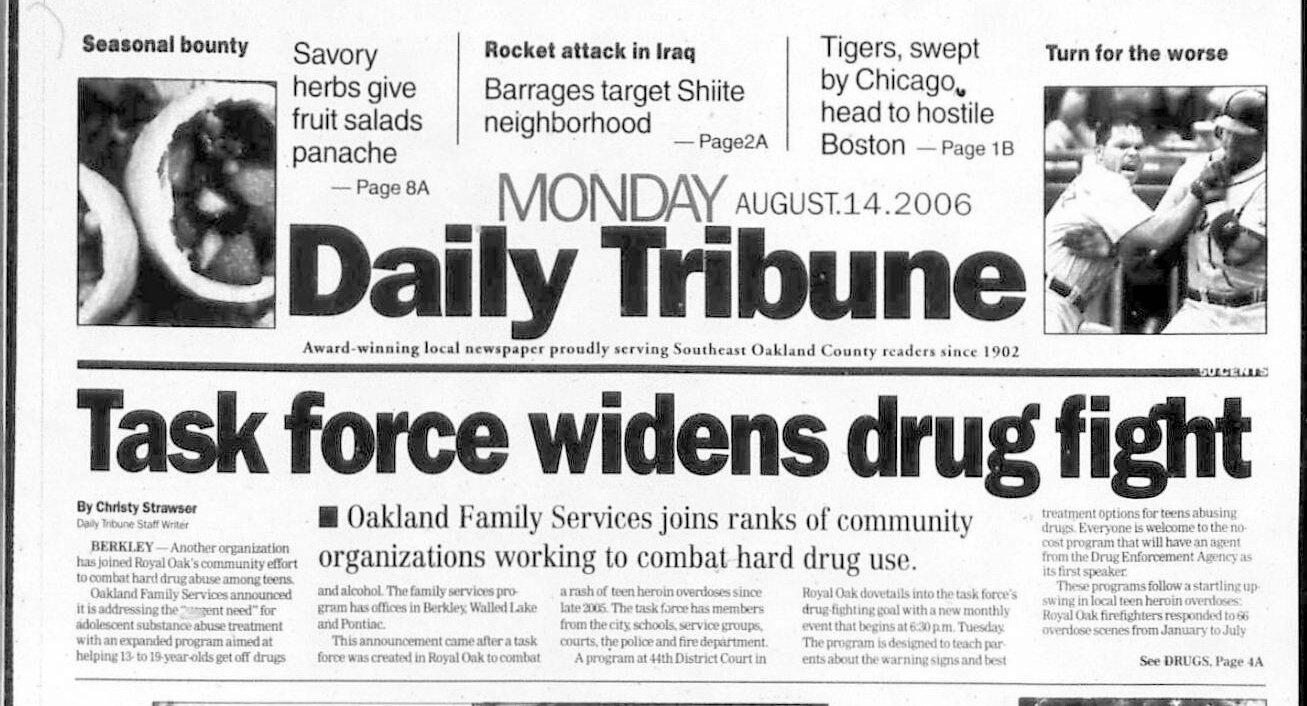
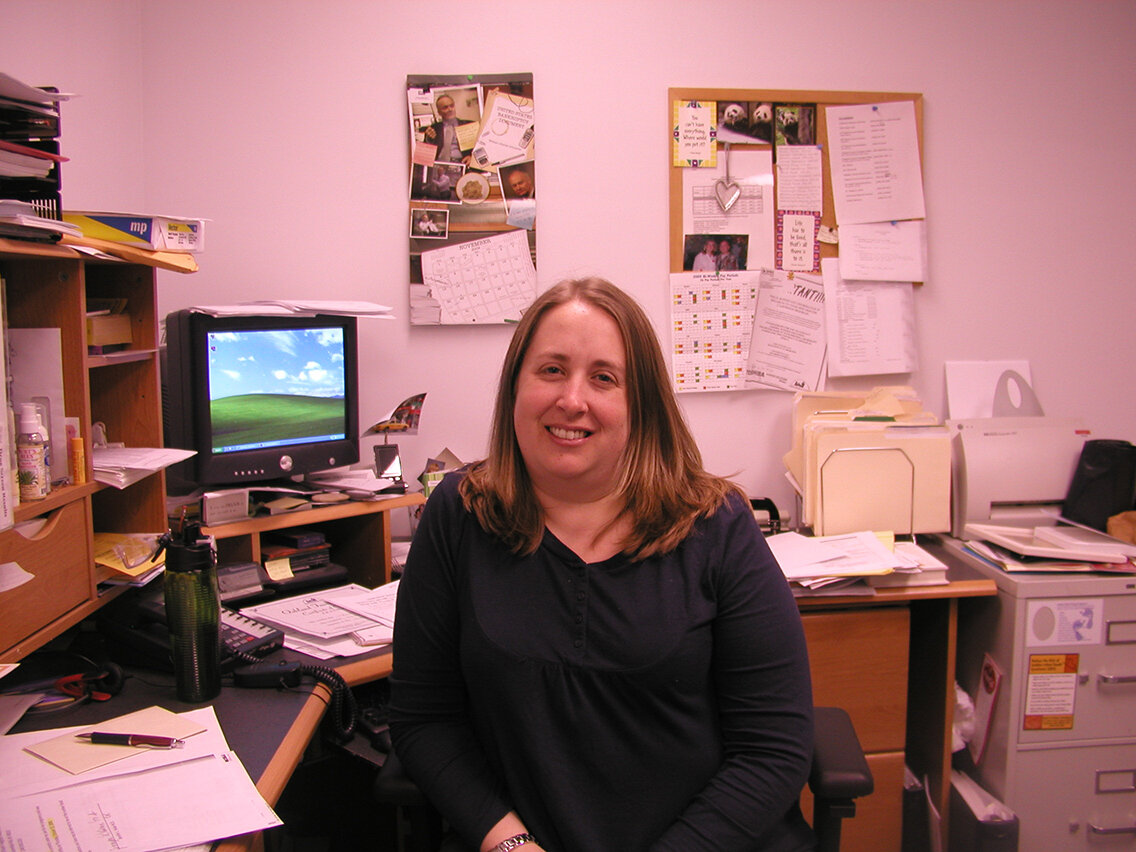
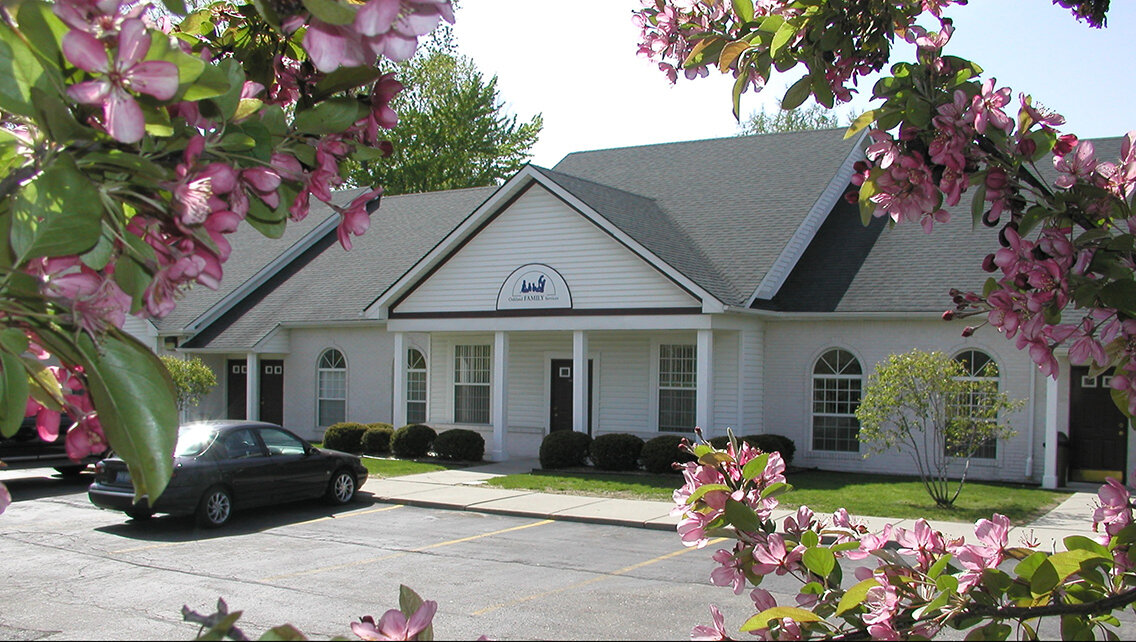
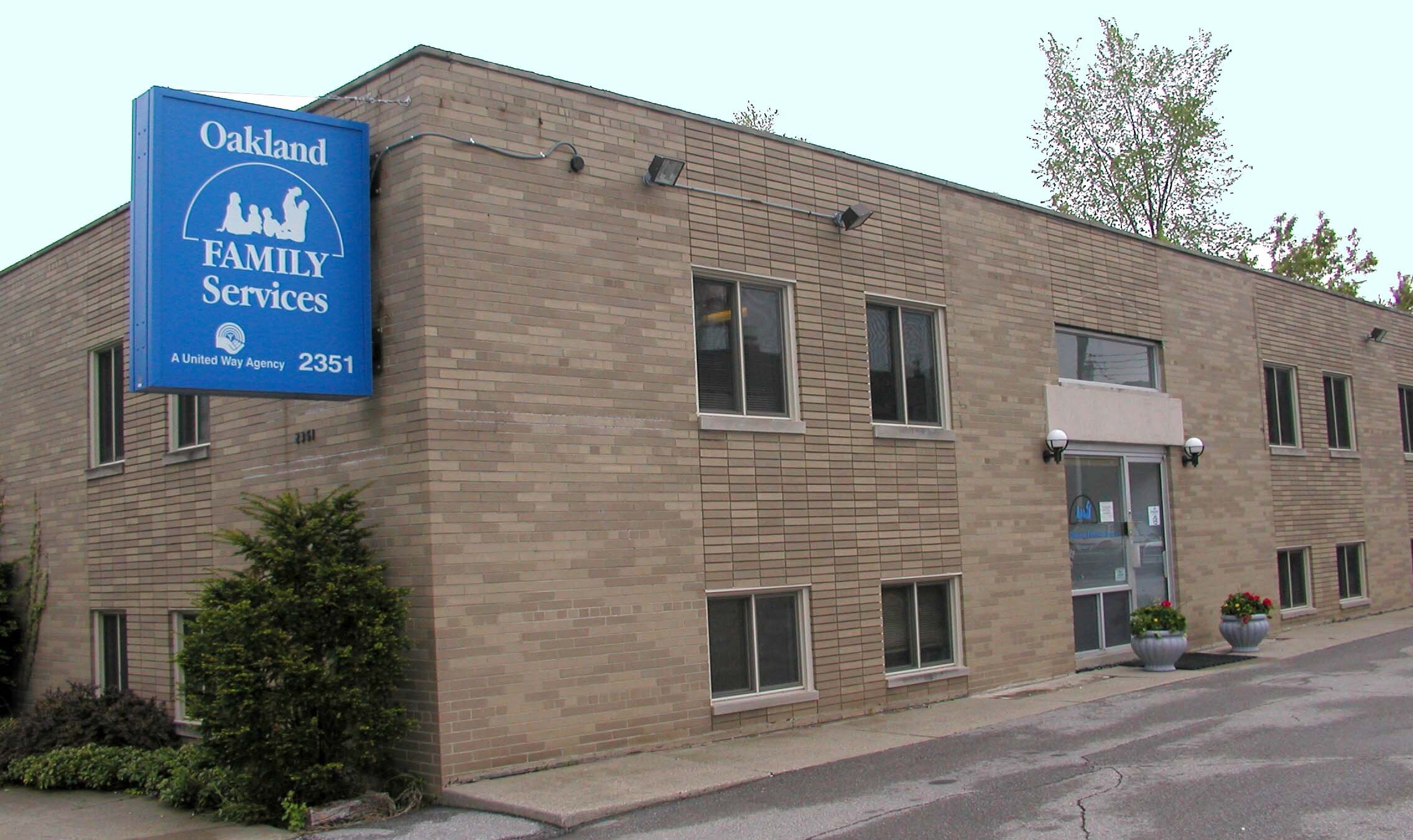
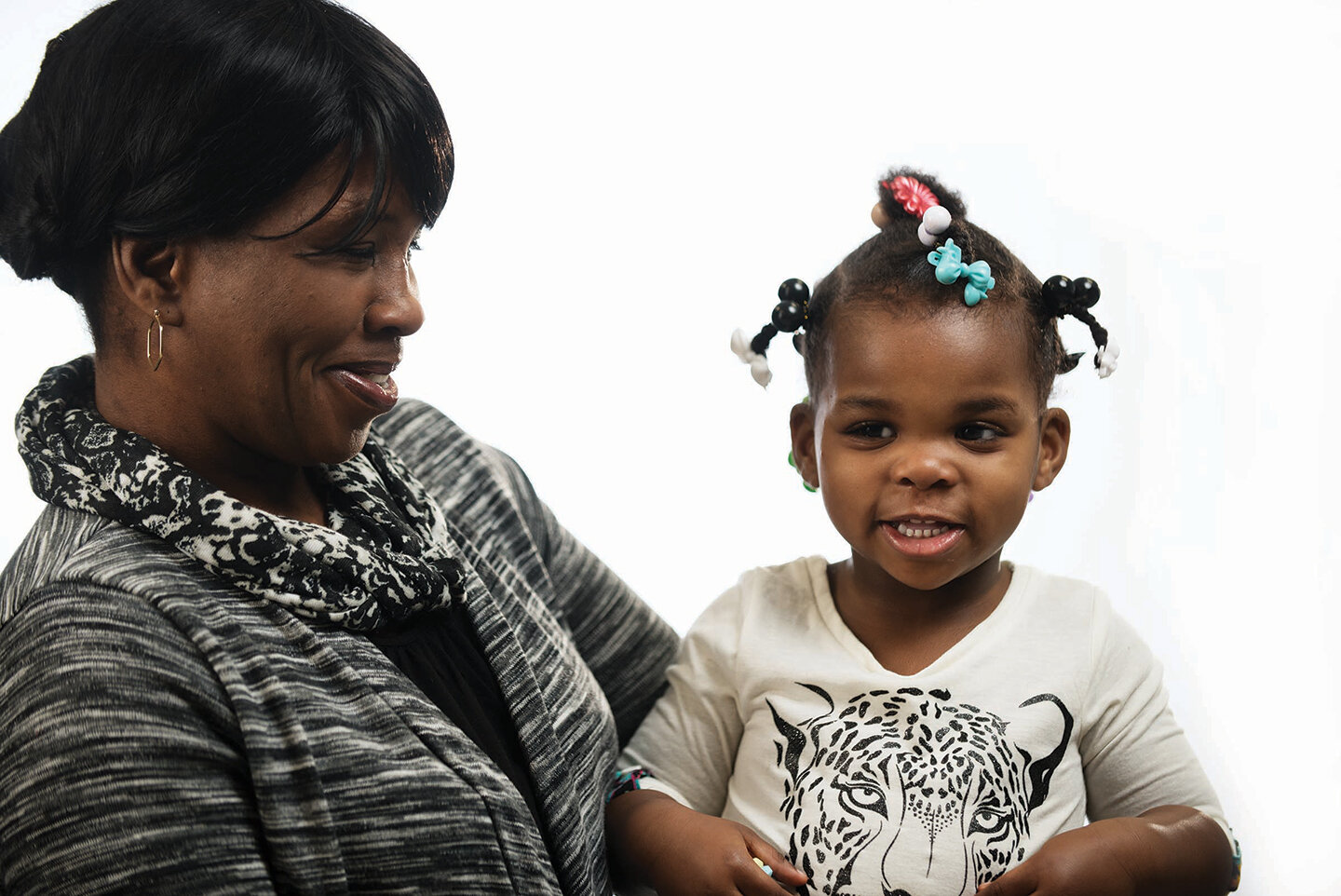
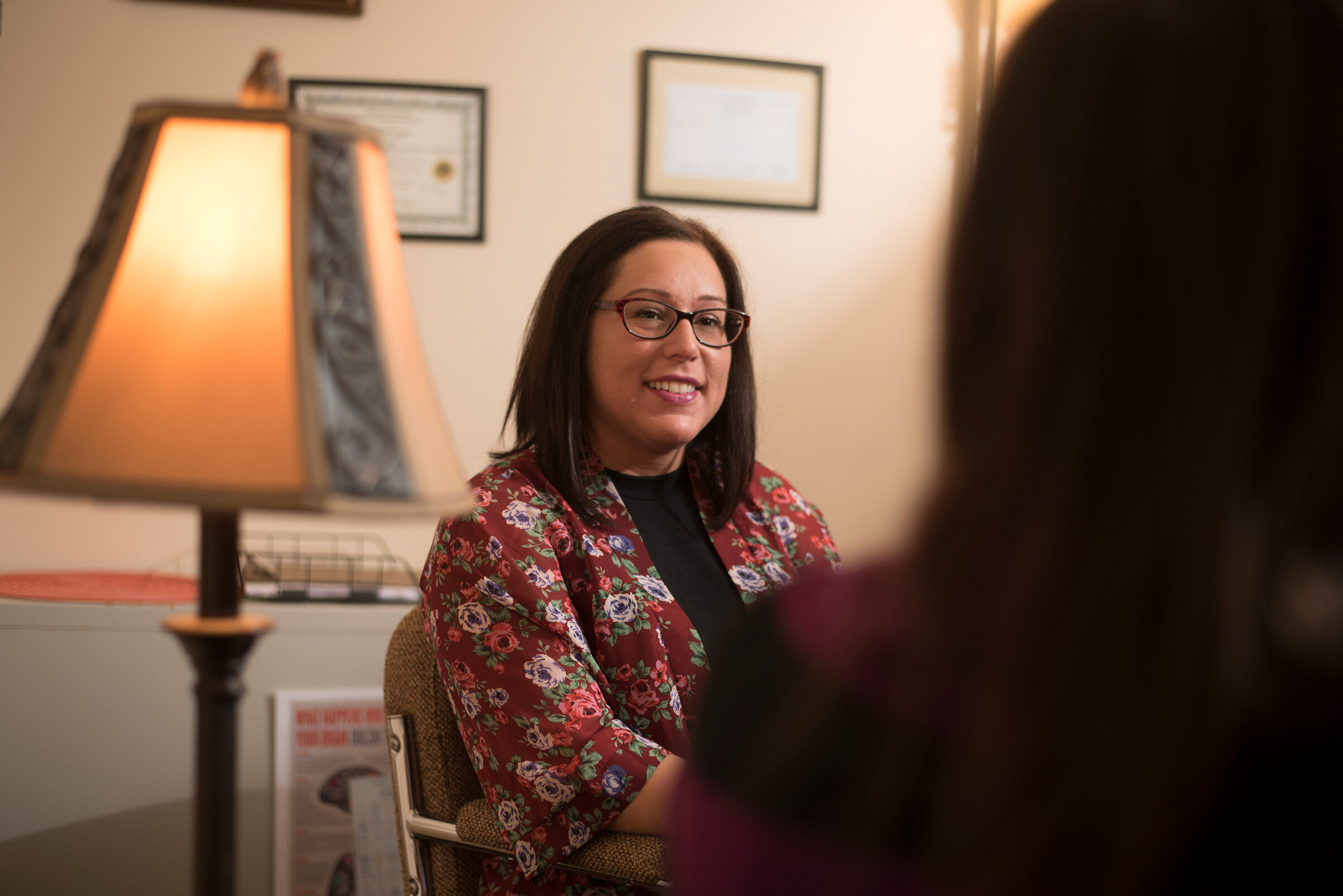
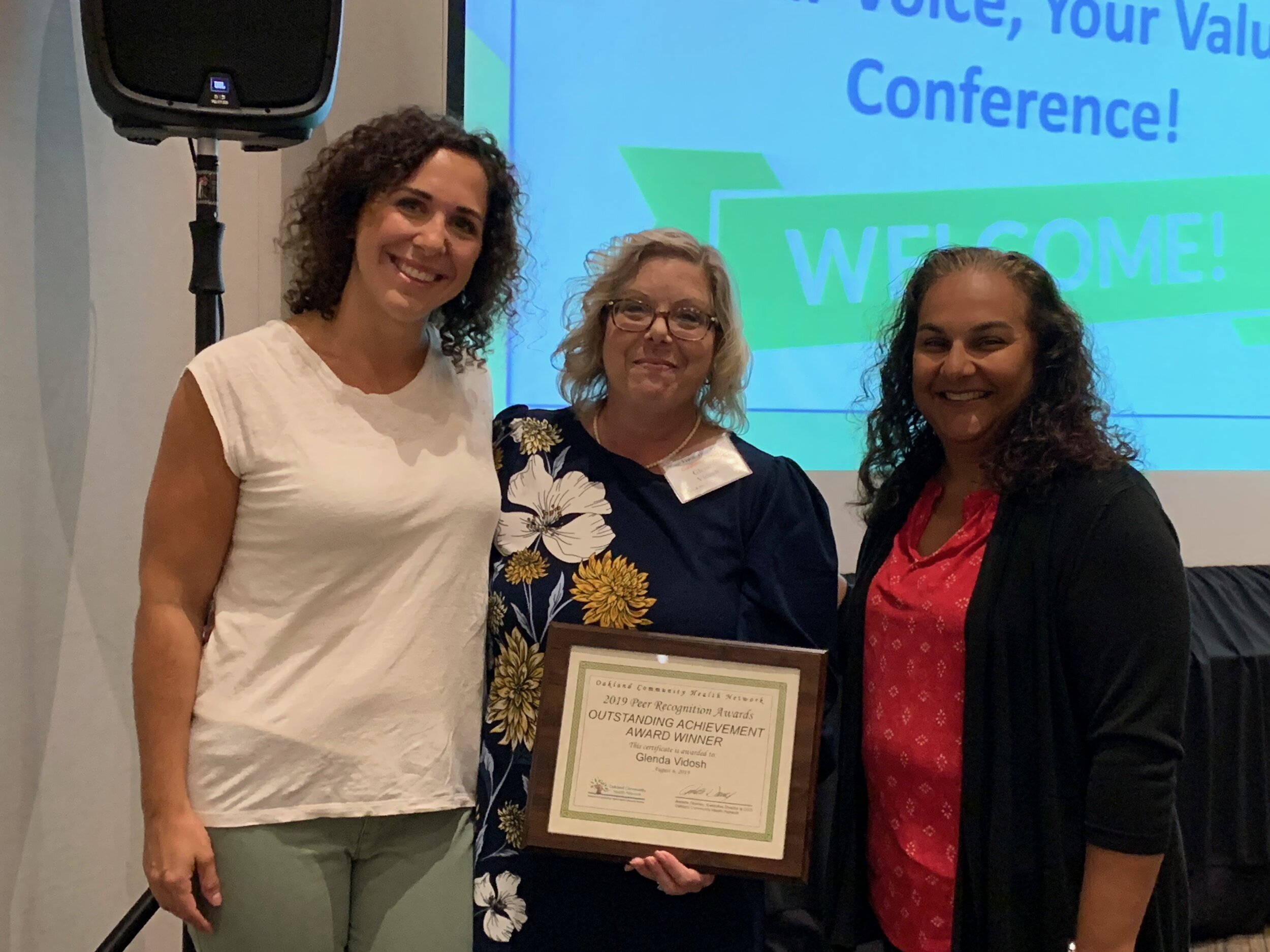
Oakland Family Services has nearly 50 years of experience providing counseling services to children, families and individuals struggling with depression, anxiety, family trauma, substance use disorder and more.
The agency was founded in 1921 as Michigan Children’s Aid Society Oakland Branch, which served children without homes. In the following decades, the agency saw several mergers, acquisitions and name changes, but one common thread remained the same: a dedication to helping children, families and individuals face challenges they cannot resolve on their own. As Oakland Family Services grew, its services expanded to include mental health and substance use treatment, adoption, parenting education, and other means of supporting the community.
Throughout the years, Oakland Family Services and the precursor agencies who merged or changed names to result in our current agency, focused on relieving stress on parents and families. In the 1930s, the Depression created financial and psychological stress, while war and post-war times throughout the ‘40s and early ‘50s contributed to loss and family stress. The ‘60s shone a light on racism, poverty and injustice, which greatly impacted families and children. Services provided by Oakland Family Services and its predecessors through these decades included family and individual “casework,” which was similar to the mental health services the agency provides today to address family and individual stress.
In 1950, precursor agency Family Service of Oakland County recognized “that only by helping individuals to become as stable members of society as possible, can it fortify its basic unit, the family.” Societal issues that created this need are not so different from those that challenge today’s families.
In the ‘70s, substance use disorders also became more understood, and community-based programs emerged to address misuse of drugs and alcohol under the umbrella of behavioral health services. Oakland Family Services first received its license to treat substance abuse in 1972.
By the time now-Vice President of Quality and Planning Natalie Marchione joined Oakland Family Services in 1996, the agency had a lot of balls in the air and was examining ways to make services more cohesive.
Within the category of behavioral health, Oakland Family Services’ programs used to be more fragmented, she explained. Substance use treatment was separate from mental health, and services for children were separate from those for adults. There were other carved out programs for domestic violence and child abuse.
“It was all kind of fragmented, and then shortly after I started there was really a focus on integrating programs and services,” Marchione said. “You can see the ultimate culmination of that now, where we all try to work together and you have similar kinds of focus. The focus before was kind of all over the place in individual areas, but now when you look at our Prevention, Education and Treatment programs, there are multiple crossovers.”
As programs became more integrated, mental health and substance use treatment for children and adults were combined into one behavioral health program.
One area where the agency’s three areas of focus blend together is the Project Recovery Intensive Services for Mothers (PRISM), which launched in 1998. PRISM is an intensive outpatient substance use treatment program for pregnant women and mothers.
The program takes a holistic approach to healing families by providing individual and group therapy, case management, parenting skills education, domestic violence and sexual abuse treatment and more to help mothers form safe, healthy relationships with their children and, in some instances, regain custody of children who have been removed from their care. The agency provides transportation to and from appointments and child care during sessions to eliminate barriers to treatment.
More than 20 years later, PRISM remains the only gender-specific substance use treatment program in Oakland County.
Day One
In 2015, a board task force came together to examine the agency’s name and whether it helped community members understand the services it offers.
“We found that in some areas of our service, the Oakland Family Services name was very valuable and we had brand equity with that name,” said Director of Marketing Kathryn Ribant Payne.
However, the task force also found that there was some confusion about our Behavioral Health program — some people mistakenly thought it was a governmental entity attached to Oakland County. The solution was to rebrand, and in 2017, Oakland Family Services’ Behavioral Health received a new identity, Day One: A Program of Oakland Family Services.
“We went through a full renaming and rebranding process for just our behavioral health line of services, so that we could communicate better to people who we were, what we were doing, and how we could help,” Ribant Payne said.
The program’s new name was chosen to reflect the idea that Day One is a starting point for new beginnings and that every day of treatment is just as important as the first. Day One currently serves the community through offices in Pontiac, Walled Lake and Berkley and encompasses mental health counseling for people age 4 and up, substance use disorder treatment programs for adults and adolescents, and PRISM.
To make treatment as accessible as possible, Day One accepts most private insurance plans, Medicare, Medicaid and Healthy MI.
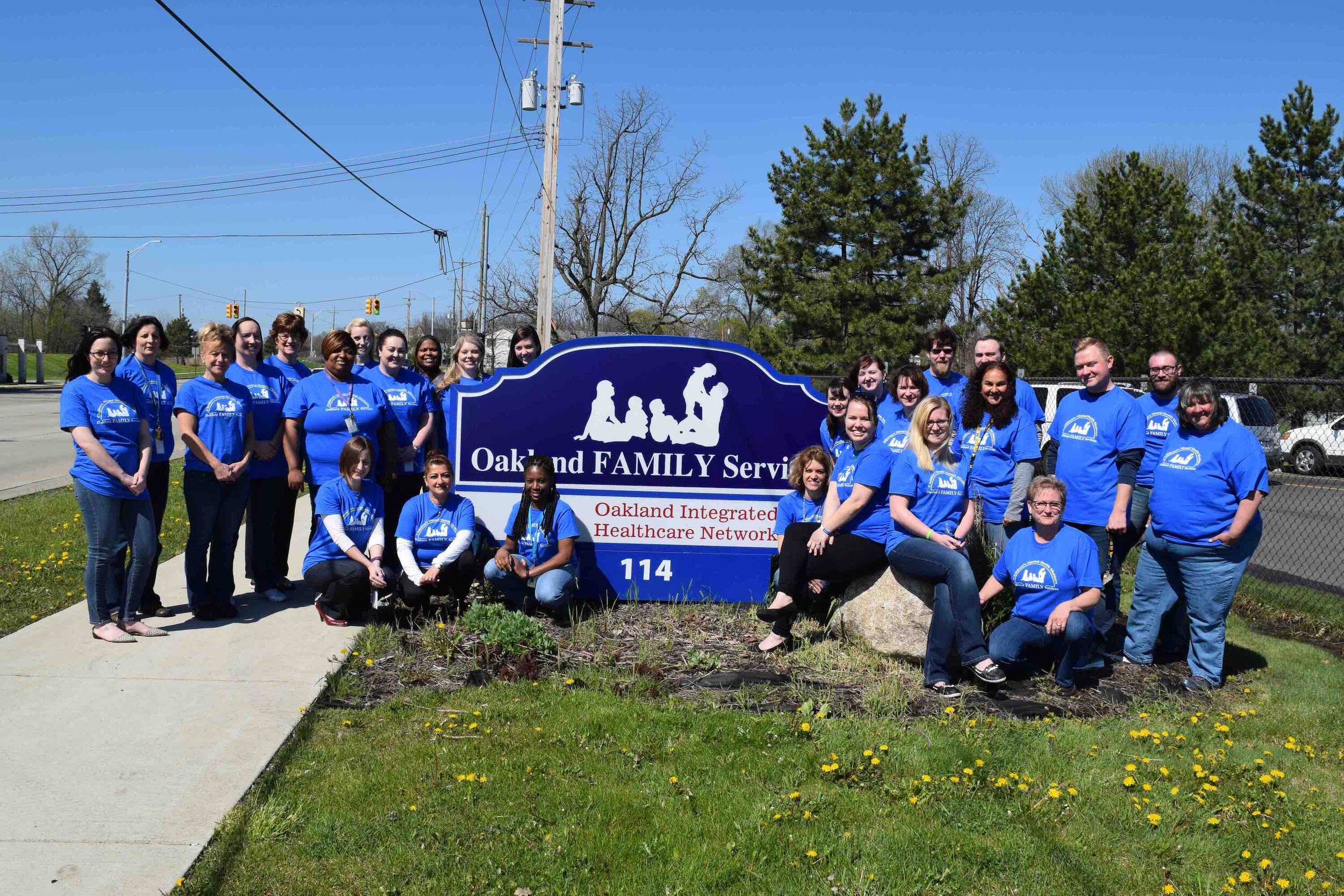
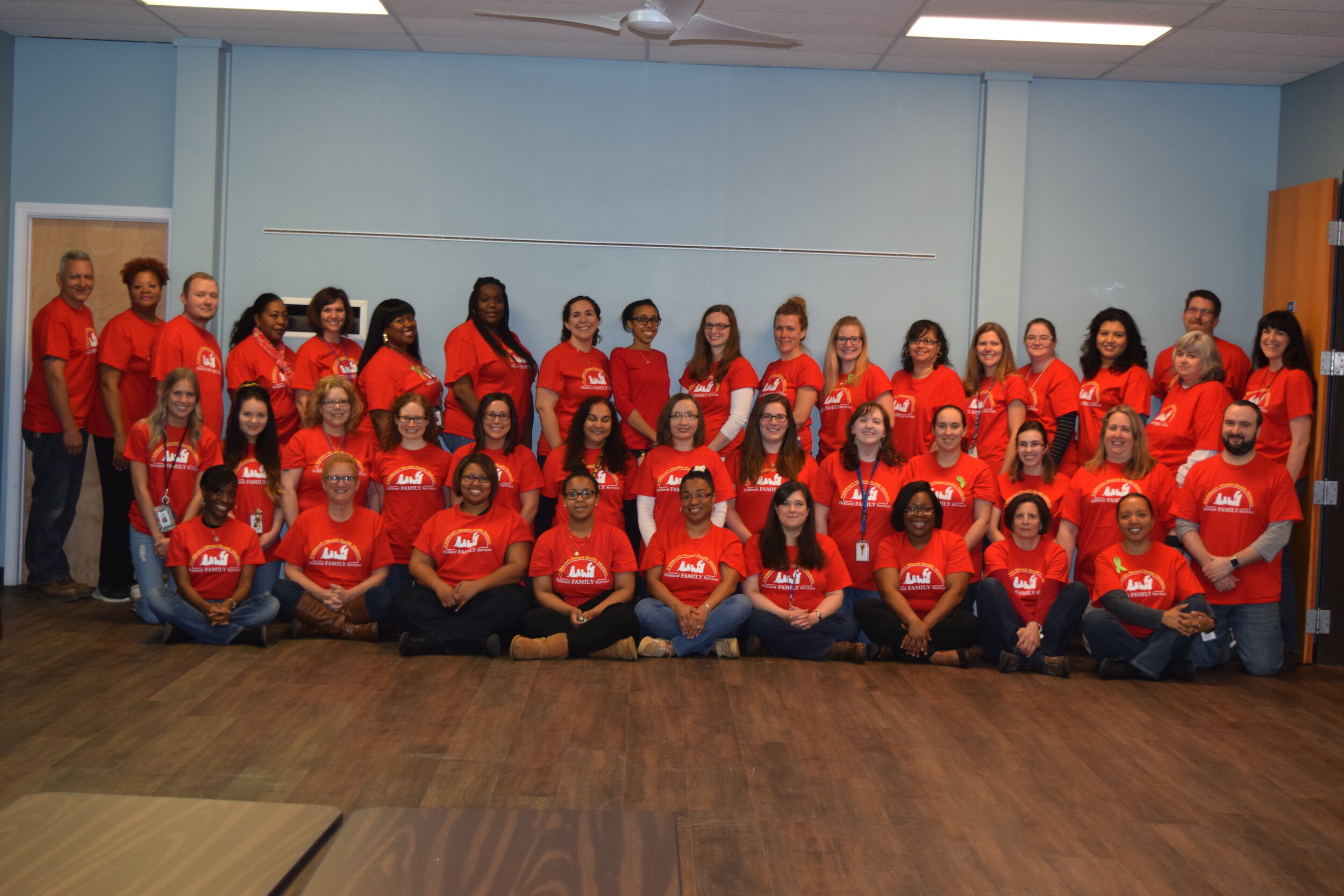
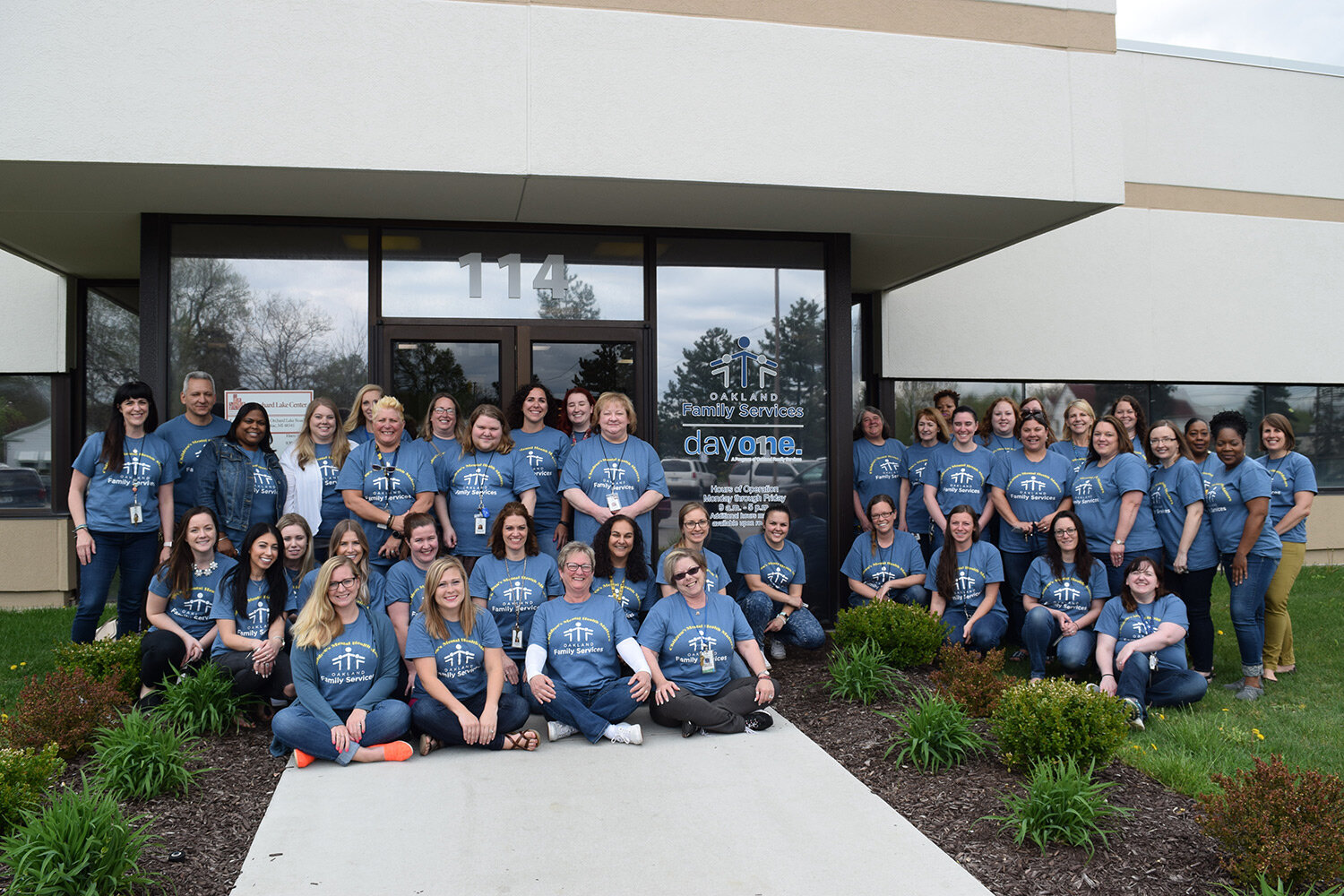

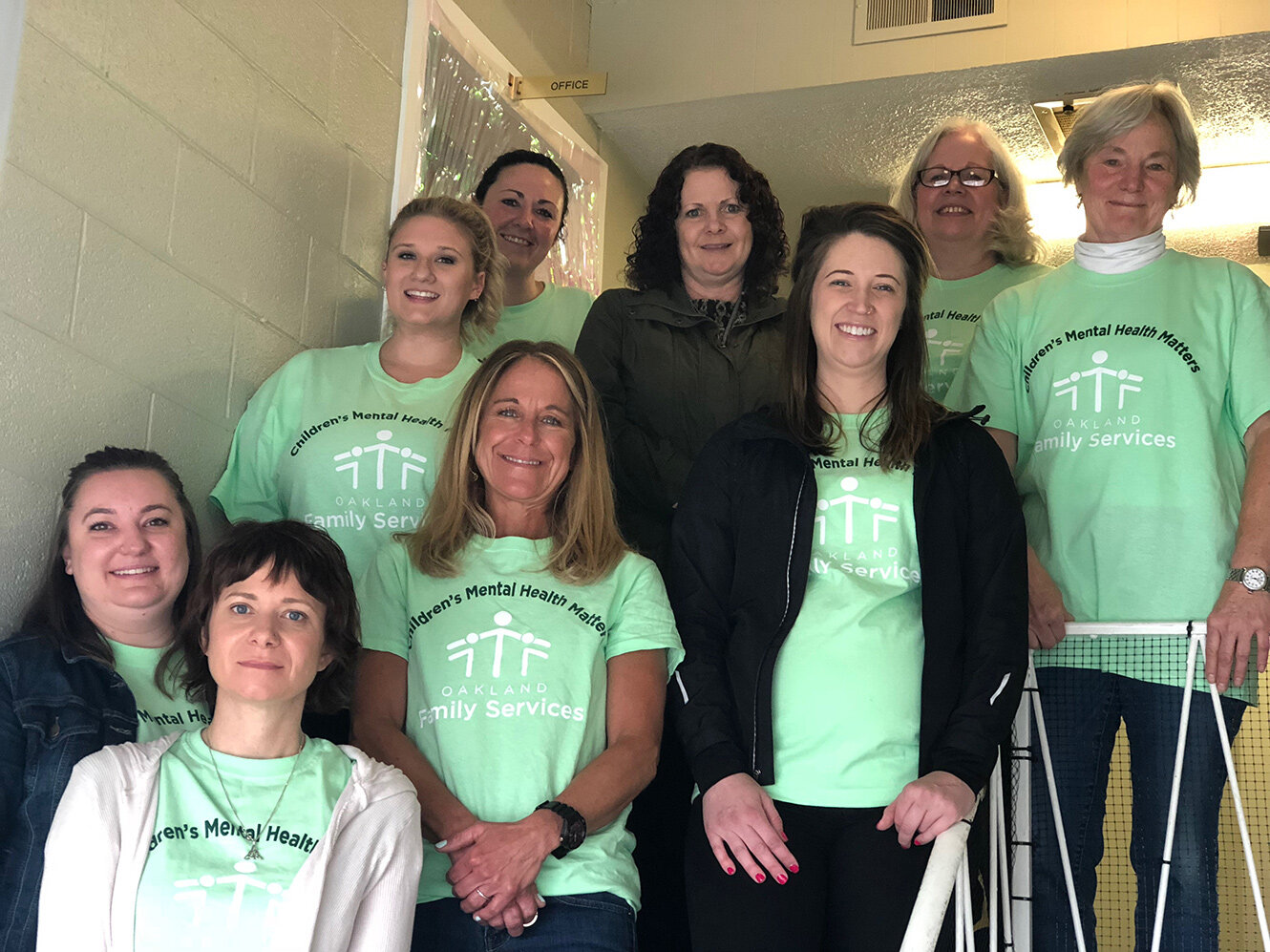
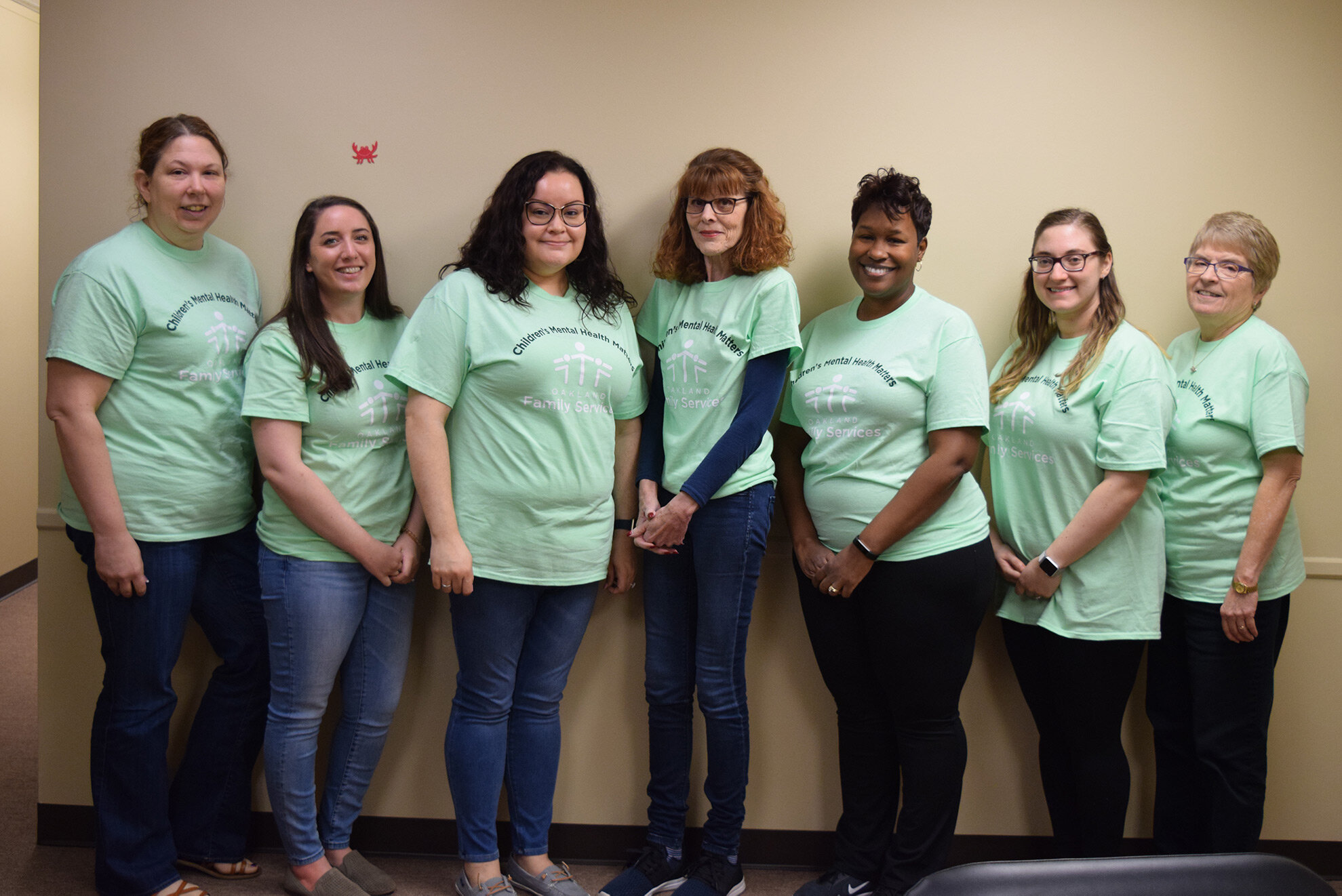
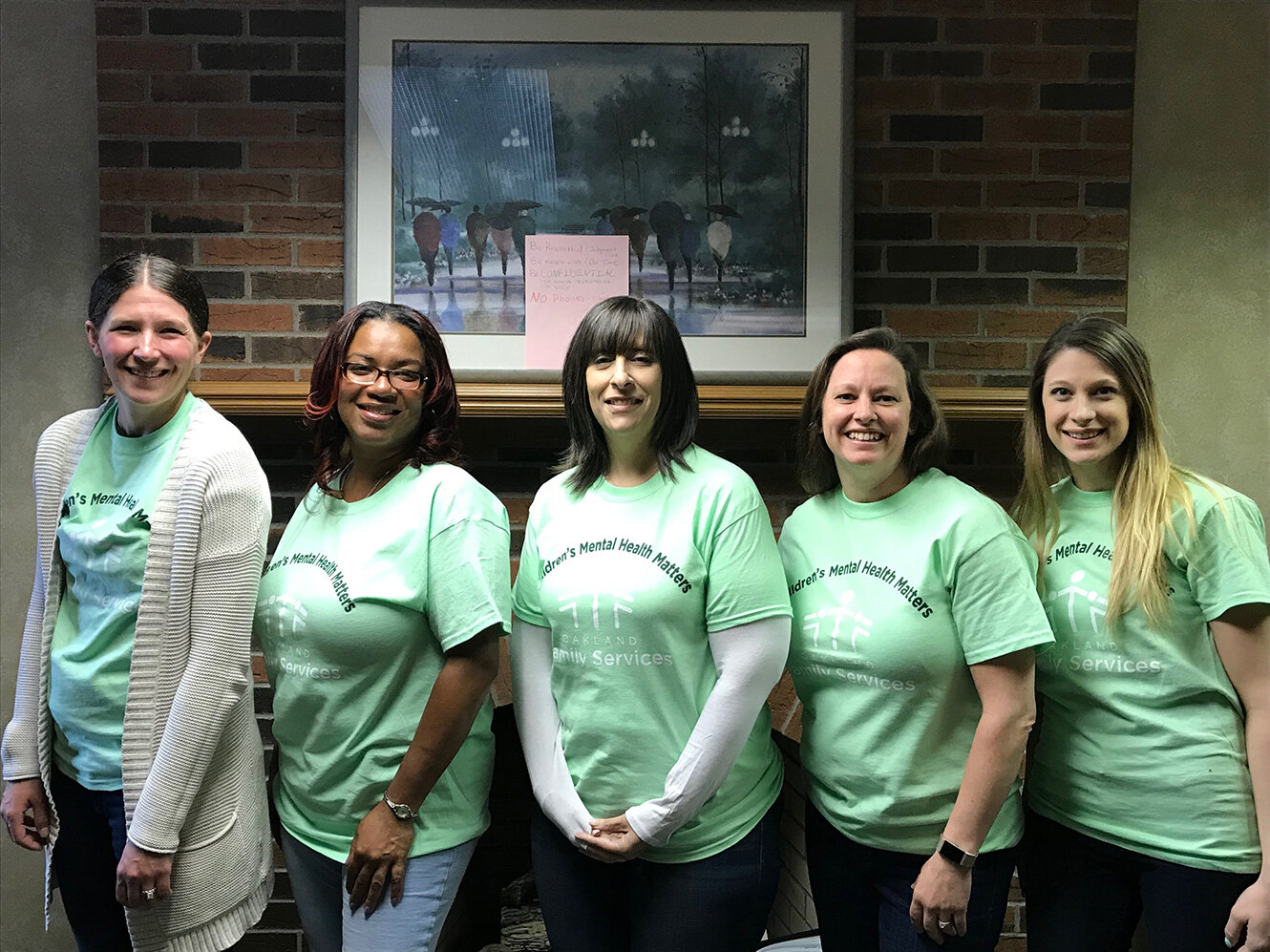
SPECIALIZED SERVICES FOR YOUTH
Specialized Services for Youth (SSY) works with children, teenagers and young adults who are age 6-21, have severe emotional disturbance and have Medicaid insurance. The program began in 2010 with funding from the Oakland County Community Mental Health Authority, which is now the Oakland Community Health Network.
In its first year, the program had just six clinical staff members and provided services to 280 youth and their families. Since then, the program has grown to include about 40 employees who make up two home-based teams, an outpatient team and treatment supports staff. In 2020, it served more than 600 youth and their families. As early as 1966, precursor agency Family Service of Oakland County noted the family as a focus of concern and the great benefit of “seeing the total family together.” The SSY program is a prime example of that holistic care today.
SSY Director Debbie Smith said cognitive behavioral therapy, trauma-focused cognitive behavioral therapy and motivational interviewing are the program’s foundations, while clinicians have various areas of expertise and training in evidence-based treatment techniques. Aside from clinicians, important positions added over the years include certified parent support partners, youth peer support partners and a hospital liaison/crisis clinician.
“Certified parent support partners provide a different kind of support to parents than a therapist does, because a parent support partner has lived experience as the parent of a child with mental health needs,” Smith explained. ”Same with youth peers, they are different because they have their own personal lived experience as a child with mental health issues.”
The program’s hospital liaison/crisis clinician works closely with youth and families in crisis to help them navigate hospital systems and develop safety plans, coping skills and support systems.
Unfortunately, a major trend Specialized Services for Youth has identified is that youth are facing increasing amounts of trauma and suicidal thoughts and behaviors. The need for youth mental health care is growing.
“Over the past two or three years, our kids have become a lot more severe, a lot more suicidal ideation, attempts, hospitalizations and all of that, which goes along with the national trend,” Smith said.
Click here to read about the history of Oakland Family Services’ Prevention programs, or click here to read about the history of our Education programs.
